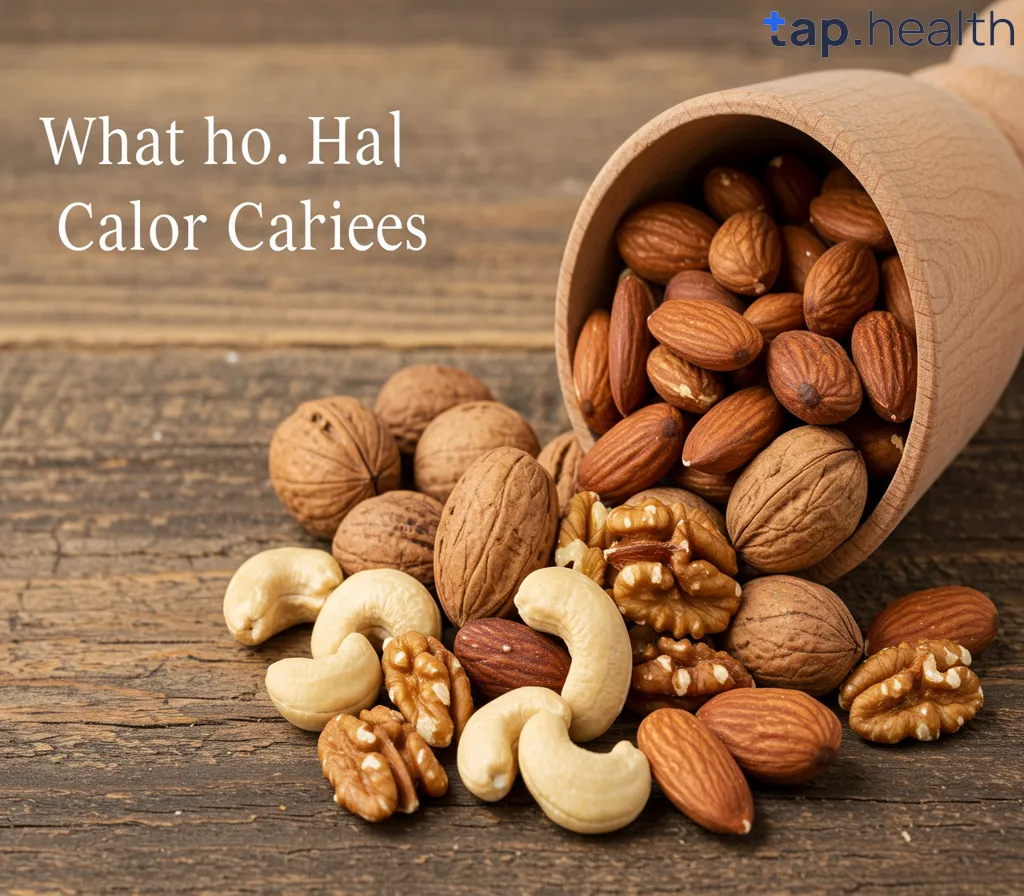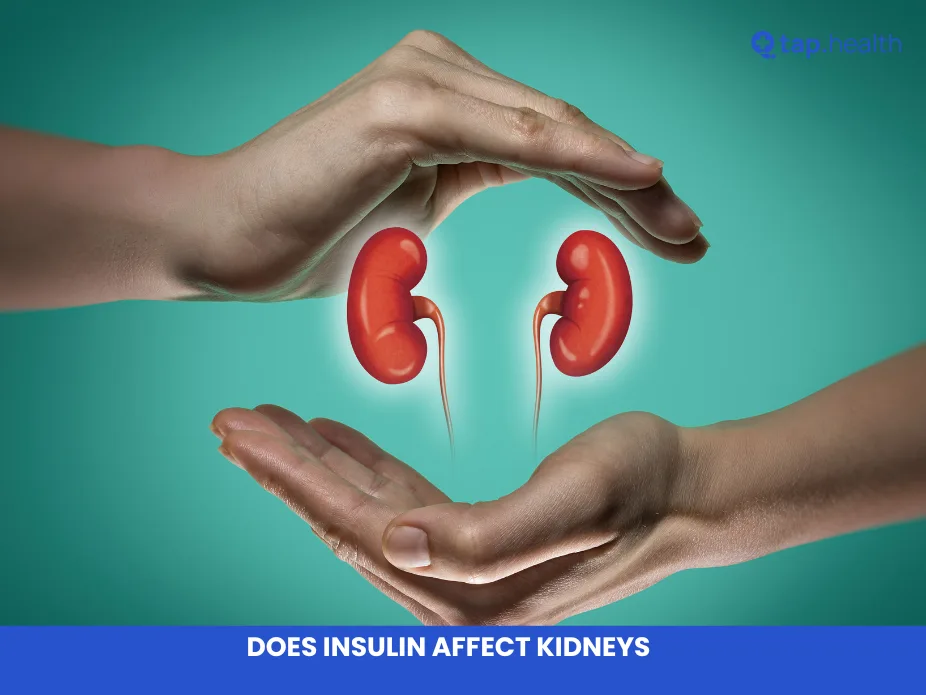When you’re looking to snack healthy, nuts are often seen as an excellent choice due to their protein, fiber, and healthy fats. But if you’re trying to manage your calorie intake, it’s important to know which nuts pack the most nutrients without a calorie overload. So, if you’ve ever wondered, “What nut has the lowest calories?” you’re in the right place. In this post, we’ll explore which nuts are best for weight management, while still offering you the health benefits they’re known for.
What Are the Benefits of Eating Nuts?
Before we dive into the nuts with the lowest calories, let’s quickly highlight why nuts are considered a healthy snack option:
- Rich in Nutrients: Nuts contain a variety of nutrients such as healthy fats, protein, fiber, vitamins, and minerals.
- Heart Health: Many nuts, like walnuts and almonds, are high in omega-3 fatty acids that are good for heart health.
- Weight Management: Despite being calorie-dense, nuts can aid in weight management by keeping you feeling full longer, thanks to their high fiber and protein content.
- Good for Skin and Hair: Nuts provide essential fatty acids and antioxidants that support skin and hair health.
Now that we know the benefits, let’s get back to the original question: which nut has the lowest calories?
Which Nut Has the Lowest Calories?
When it comes to calories, not all nuts are created equal. Let’s break down some of the most common nuts and their calorie content.
Almonds
Almonds are widely known for their health benefits, from promoting heart health to improving skin and digestion. But how do they rank in terms of calories?
- Calories: A 1-ounce (28g) serving of almonds contains approximately 160 calories.
- Why They’re Healthy: Packed with vitamin E, magnesium, and fiber, almonds can support muscle function and promote healthy cholesterol levels.
Cashews
Cashews are another popular choice, offering a creamy texture and slightly sweet taste. But how do they compare to almonds in terms of calories?
- Calories: A 1-ounce (28g) serving of cashews contains about 155 calories.
- Why They’re Healthy: Cashews are rich in copper, magnesium, and healthy fats, which can help support bone health and immune function.
Walnuts
Walnuts are known for their omega-3 fatty acid content, which is great for brain and heart health. But they also pack a decent number of calories.
- Calories: A 1-ounce (28g) serving of walnuts contains around 185 calories.
- Why They’re Healthy: Walnuts are an excellent source of antioxidants and omega-3 fatty acids, which can reduce inflammation and improve heart health.
Pistachios
Pistachios are often considered a lighter nut in terms of calories, and they offer several health benefits.
- Calories: A 1-ounce (28g) serving of pistachios contains roughly 160 calories.
- Why They’re Healthy: Pistachios are rich in protein, fiber, and antioxidants, which contribute to heart health, weight management, and overall well-being.
Peanuts
While technically a legume, peanuts are often categorized as nuts and are a favorite among people looking for a lower-calorie option.
- Calories: A 1-ounce (28g) serving of peanuts contains around 160 calories.
- Why They’re Healthy: Peanuts are packed with protein and fiber and contain heart-healthy monounsaturated fats.
Hazelnuts
Hazelnuts are known for their rich, sweet flavor and are often used in desserts and snacks. But how do they rank in calories?
- Calories: A 1-ounce (28g) serving of hazelnuts contains approximately 180 calories.
- Why They’re Healthy: Hazelnuts are rich in vitamins, minerals, and healthy fats, which can support heart health and help prevent oxidative damage.
Brazil Nuts
Brazil nuts are not only nutrient-dense but also packed with calories, so they might not be your best bet if you’re aiming to reduce calorie intake.
- Calories: A 1-ounce (28g) serving of Brazil nuts contains about 190 calories.
- Why They’re Healthy: These nuts are incredibly high in selenium, which is important for immune function and thyroid health.
What Is the Nut with the Absolute Lowest Calories?
Based on the calorie content of common nuts, cashews, pistachios, and peanuts rank as the nuts with the lowest calorie content, all containing around 155-160 calories per ounce. If you’re looking for a nut with fewer calories, pistachios may be your best bet, thanks to their lighter texture and ability to be eaten in larger portions.
Are Nuts Good for Weight Loss?
Despite their high calorie content, nuts can actually aid in weight loss. Here’s how:
- Appetite Control: The healthy fats, fiber, and protein in nuts can help you feel fuller for longer, reducing the urge to snack on unhealthy options.
- Nutrient-Dense: While they are calorie-dense, nuts are packed with nutrients that support overall health, so you don’t need to eat as many to meet your nutritional needs.
- Metabolism Boost: Some studies suggest that nuts, especially almonds, can help boost your metabolism, which may assist in weight loss.
However, portion control is key when consuming nuts. Eating them in moderation is important, as it’s easy to go overboard due to their calorie density.
How to Include Nuts in Your Diet Without Overloading on Calories
If you’re concerned about the calorie content of nuts but still want to enjoy them, here are some tips to help you get the best of both worlds:
- Use Smaller Portions: Stick to a small serving size (1 ounce or about 28g) to keep calorie intake in check.
- Mix with Other Healthy Snacks: Combine nuts with fruits or vegetables to balance your snack and lower calorie consumption.
- Choose Nuts with Lower Calories: As discussed, pistachios, cashews, and peanuts are among the lowest-calorie nuts.
Are There Any Health Risks of Eating Too Many Nuts?
Although nuts are healthy, overconsumption can lead to some potential health risks:
- High Calorie Content: Eating too many nuts can easily contribute to excess calorie intake, which may lead to weight gain.
- Allergies: Nut allergies are common, and consuming them can cause severe allergic reactions in some individuals.
- High Fat Intake: While the fats in nuts are mostly healthy fats, they are still calorie-dense, and excessive fat intake can contribute to health issues.
FAQ on What Nut Has the Lowest Calories?
What is the healthiest nut to eat?
There isn’t one “healthiest” nut, but nuts like almonds, walnuts, and pistachios are often considered among the healthiest due to their high levels of vitamins, minerals, and antioxidants.
Which nuts are best for weight loss?
Nuts like almonds, pistachios, and cashews are great choices for weight loss when eaten in moderation. They provide protein and fiber that help keep you full while being lower in calories compared to other nuts.
How many nuts should I eat daily?
A good target is about 1 ounce (28g) of nuts per day, which is roughly a small handful. This amount provides you with the health benefits without consuming too many calories.
Are there any nuts that are low in calories and high in protein?
Yes, almonds and pistachios are both lower in calories and relatively high in protein. A 1-ounce serving of almonds provides around 6 grams of protein, while pistachios provide about 6 grams as well.
Can I eat nuts if I am on a calorie-restricted diet?
Yes, nuts can fit into a calorie-restricted diet, but portion control is essential. Stick to the recommended serving sizes and choose nuts with lower calories like cashews and pistachios.
Conclusion
When trying to manage your calorie intake, choosing the right nuts can make a big difference. Pistachios, cashews, and peanuts are among the lowest-calorie nuts, while still offering all the health benefits that nuts are known for. Just remember, moderation is key when it comes to snacking on nuts to avoid overeating calories.
Whether you’re looking for a quick snack or adding nuts to your meals, it’s easy to include them in a healthy, balanced diet. So, the next time you ask, “What nut has the lowest calories?” you can confidently reach for a handful of pistachios or cashews!



